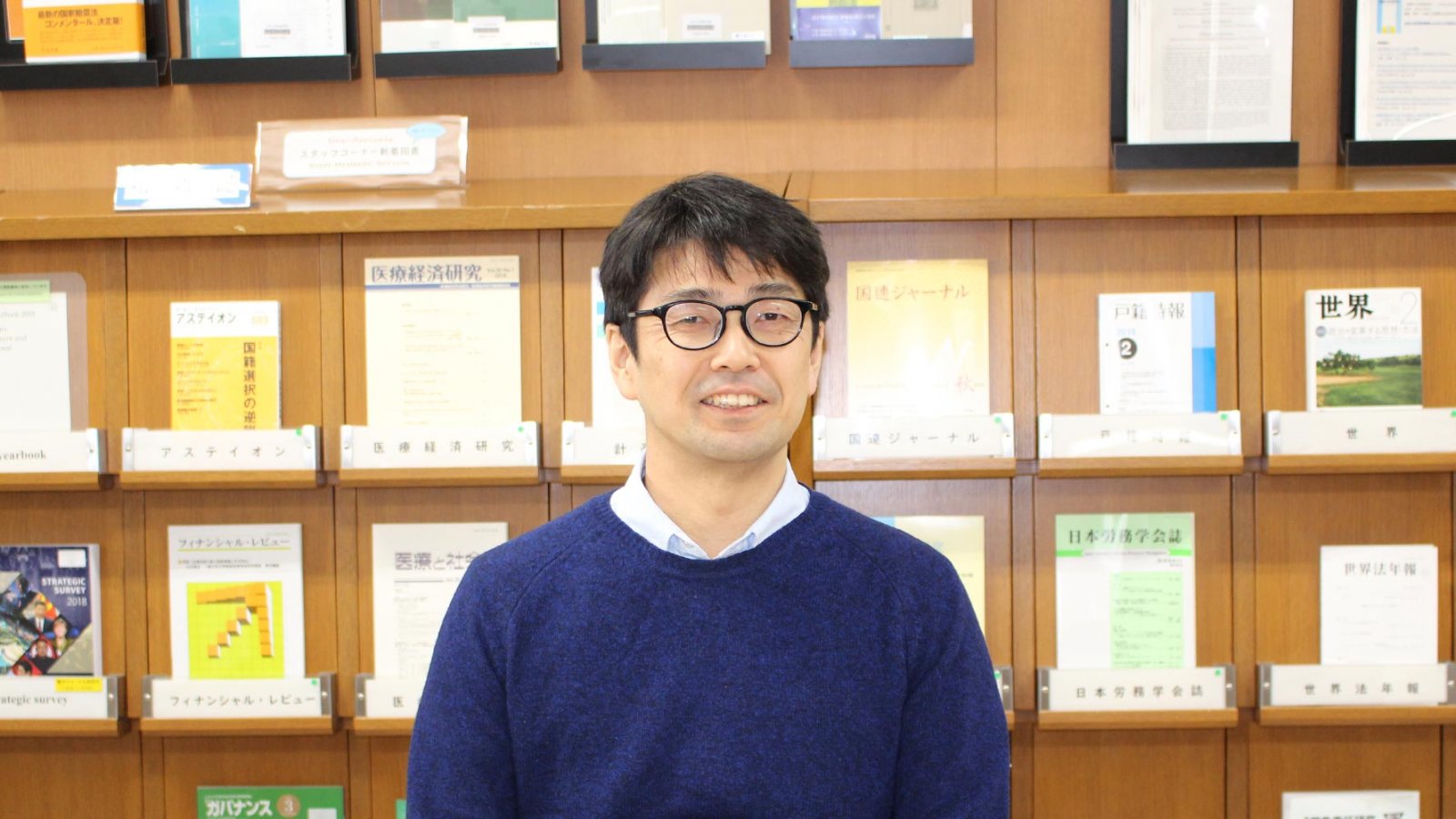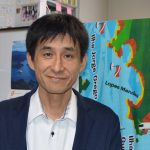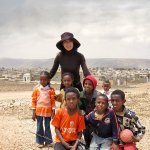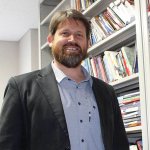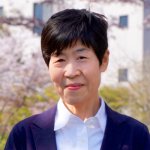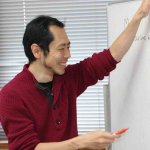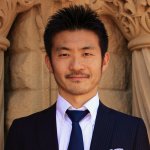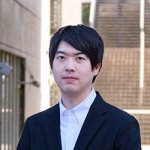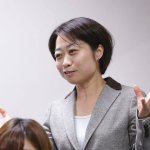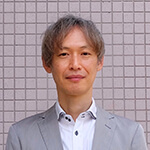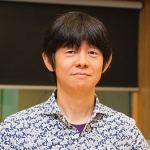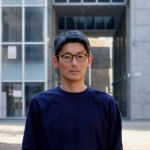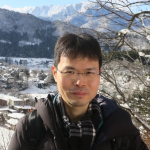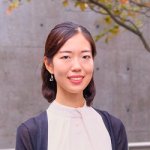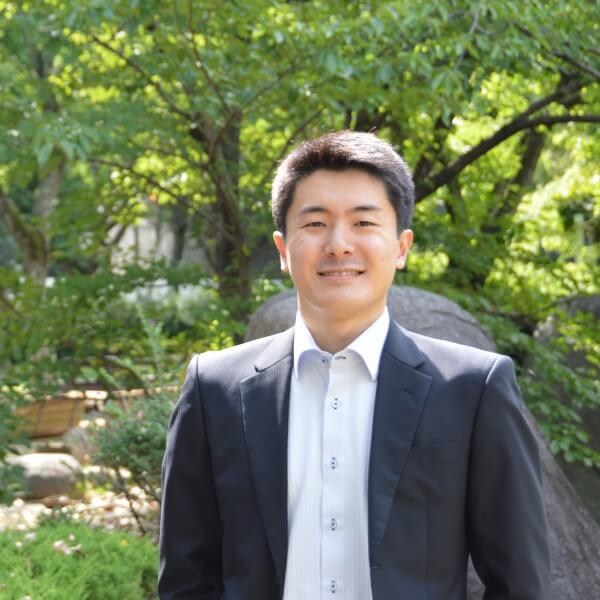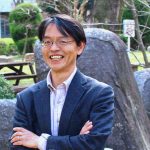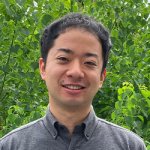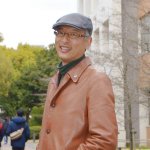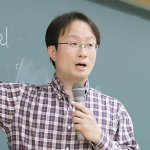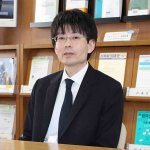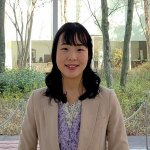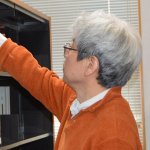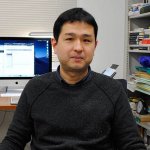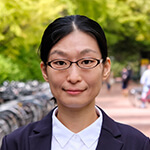Field of Research
Multiculturalism, Liberalism, Migration
Research Topics
Sociology, Ethnicity, Citizenship
Overview of Research
Today, people with different cultural backgrounds have difficulty living together in society, as can be seen by the rise of anti-immigration movements and immigrants’ protests against them. In order to mitigate these outbreaks, I am researching on the type of normative principle hostile people might accept to facilitate coexistence.
There have been two major principles related to this issue. One is that the government should stay neutral to different cultures (integrationism). This concept allows diverse peoples to embrace any tradition, religion, value, and interest in the private realm, but orders them to follow generalized rules in the public sphere. However, this neutrality-oriented policy may not be able to correct the hidden inequalities suffered by immigrants.
The other is that the government preferentially supports immigrants with disrespected cultures (multiculturalism). This concept presumes that immigrants will enter society with the conviction that the governmental supports are the sign for recognition of immigrants’ cultures and identities. However, this policy is likely to encourage majorities to capture minority groups in a fixed manner, also forcing minorities to keep their values and cultures unchanged.
In the end, integrationism is too negative while multiculturalism is too positive to support immigrants. To overcome this dilemma, I argue that the primary support given to immigrants should be a guarantee of sufficient social capital. In order for people to enjoy equal opportunities, it is necessary for them to be able to receive useful information from others, trust each other, and cooperate with others in times of need. Since immigrants often lack such social capital, they suffer from unequal opportunities to pursue their income or cultural recognition. It is not necessary to endow prestige to immigrants’ cultures as multiculturalism assumes, but neither should the hidden sufferings of immigrants remain untouched as is the case with integrationism. All that is necessary is to guarantee immigrants enough social capital, the lack of which is often overlooked by host countries.
People with different cultural backgrounds accrue social capital not by receiving positive support from the country, but by being included in a transcultural network as social capital is naturally generated from the interactions of people. Therefore, I am currently working on the form of social network that can effectively generate social capital and how to build such a social network in a normatively valid way.
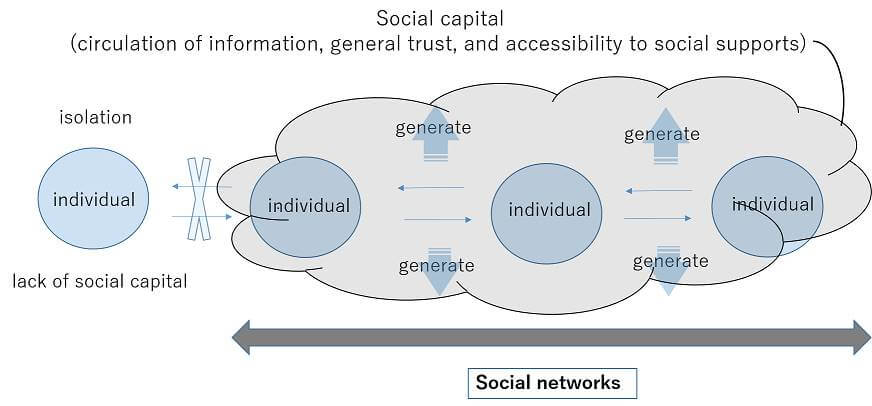
Message to Students
The fields of the professors working in political science in OSIPP range from diplomatic history to international organizations and conflict studies. I am engaged in researching the last subject, which also includes the most number of professors. I have addressed it from a normative point of view, as mentioned above, but other professors are conducting more empirical research. I think there are various approaches to conflict studies and that one of the merits of studying in OSIPP is the opportunity to learn about these differences. I welcome students who are interested in the dialogue between normative and empirical approaches to conflict studies.
KAWAMURA, Michiya
Professor
Degree: Master of Sociology (The University of Tokyo)
kawamura@osipp.osaka-u.ac.jp


